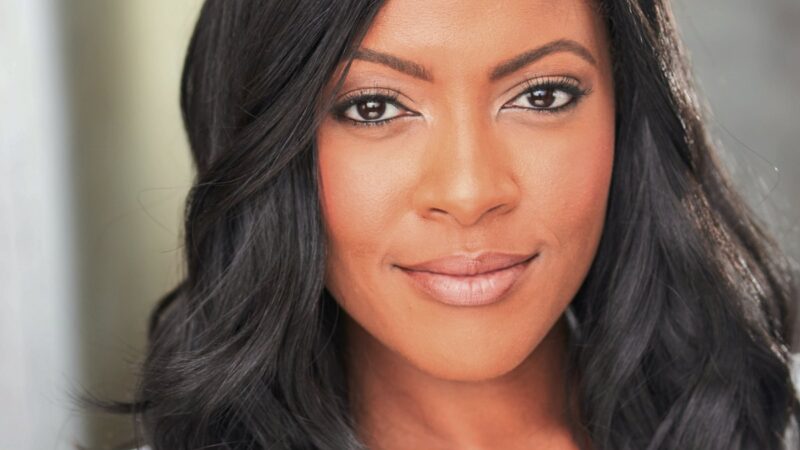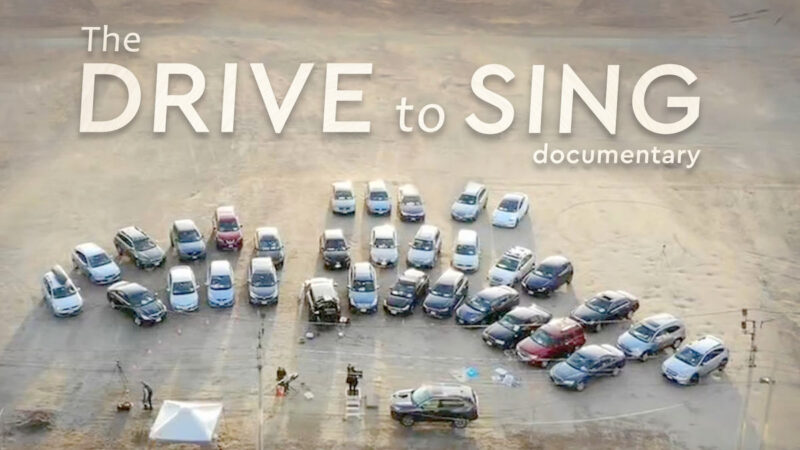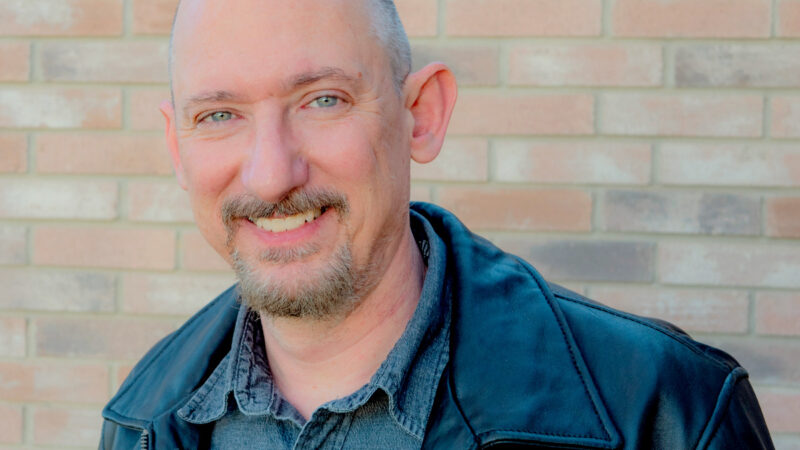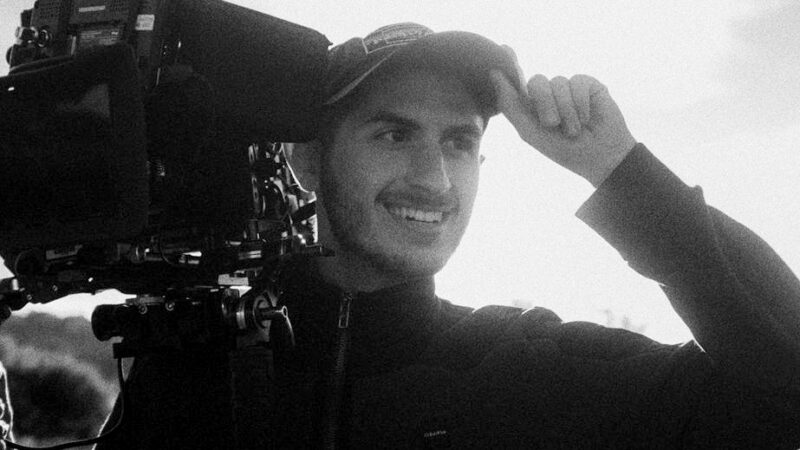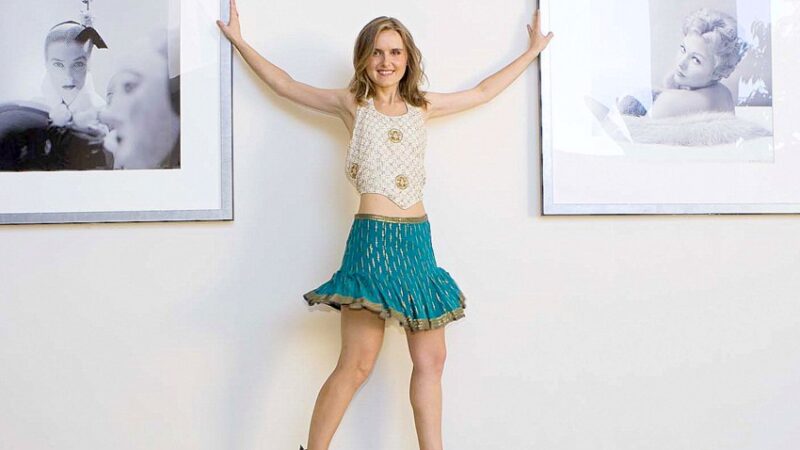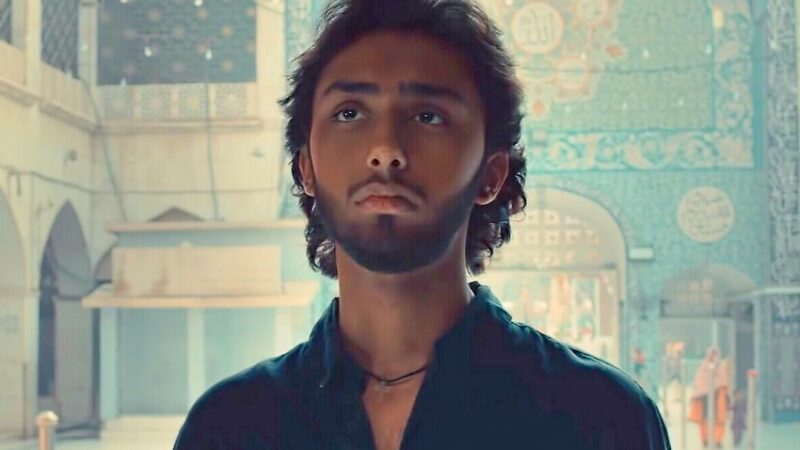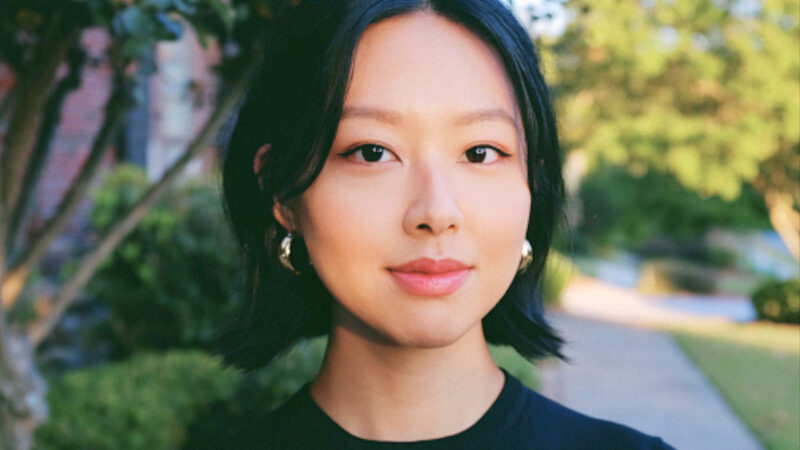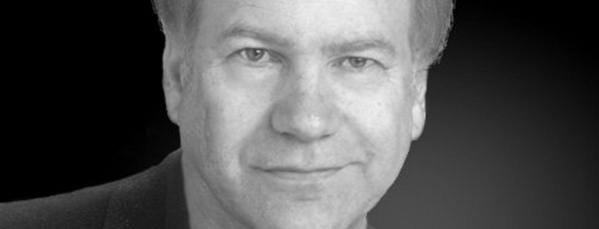
Paul Kyriazi wanted to be a movie director since age eight when he saw ‘The Making of 20,000 Leagues Under the Sea’ on Disneyland TV. He went from 16mm award winning karate-action films in film school to 35mm Panavision feature films by age 25. His sixth feature film, ‘Omega Cop’ starred Adam ‘Batman’ West, Troy Donahue & Stuart Whitman.
Paul recorded his novels ‘McKnight’s Memory’ & ‘Rock Star Rising’ as full-cast audio-books with 18 movie stars such as: Rod Taylor, Robert Culp, Nancy Kwan, David Hedison. He added film-quality effects & music making them ‘audio-movies’.
Recently, his comedy-action movie ‘Ninja Busters’ was re-discovered at a film festival and now playing in selected theaters and just out on blu-ray. In 1998, he created the original ‘How to Live the James Bond Lifestyle’ that shows men how to find their individuality and make life an exciting adventure.
Directing my 2nd feature film: Death Machines.Opened in 50 theaters in LA. See the Trailer https://t.co/VazzHeeTZl pic.twitter.com/G39sUdMDx8
— Paul Kyriazi (@BondLife) March 29, 2016
How would you describe your work as a director
Independent action / adventure movies that I wrote, raised the money, directed and did post-production on. I’m more a producing-director.
How did you get into directing
I saw ‘The Making of 20,000 Leagues Under the Sea on Disneyland TV at the age of eight and decided I wanted to do that; make movies.
How do you choose a project to direct
I first decide what would be commercial in the action or thriller genre, the budget needed and then the actors and locations that would be possible to get.
Briefly describe in a few words wrong impressions actors, writers,and directors have about directing
They think directors have power, but in fact, directors are at the mercy of actors, the weather, budget restrictions and temperamental camera crews.
Ninja Busters is found in a Mojave Desert after 30 years. Now in Blu-ray. See trailer. https://t.co/9jbzL7IREX pic.twitter.com/dH7wzA8u5o
— Paul Kyriazi (@BondLife) February 24, 2016
Do you take courses to increase your craft
Since graduating with a BA in film from San Francisco State University I’ve only studied via movies and director’s commentaries on DVDs.
What books do you read
The 4 Hour Work Week – Tim Ferriss — The 10X Rule – Grant Cardone and bios of directors and entertainers.
Why will you choose an actor, writer or producer. What do you look for
The most important thing is that they can get along with people and sincerely interested in the project.
When you’re offered a job, what things do you put in place to do a good job
I make sure that I can complete the project on budget and schedule. On the movie Omega Cop I had to finish in 21 days straight which meant I had to get about 4.5 minutes of screen time every day.
Briefly explain your latest work
Recently I recorded the audio for my novella The Mexican Swimmer. I also worked on a screenplay called Lion Dance for producer Harry Mok that is now making an animated movie called Animal Crackers with the voices of Sylvester Stallone and Danny DeVitto.
Directing My Dream Movie: Weapons of Death. Long article & trailer. Good for new directors. https://t.co/lfhLkApo02 pic.twitter.com/22U1UmPhmO
— Paul Kyriazi (@BondLife) January 31, 2016
What thing/situation helps you during production
Two very trusted assistant directors, a briefcase for my script, personal items, snacks and water bottle. (You can never trust the food to show up on time.)
Explain a creative choice you took on set on a recent production
Because my novella The Mexican Swimmer was told in the first person/present tense, I decide to not make it full-cast and have one actor perform it, but I used full sound effects and music.
How do you advise directors to find projects
It’s the ‘shotgun approach’. You have to meet with 100 financiers to find one serious one. I heard a producer say this, which I agree with: “You have to stand on a mountain alone and yell the name of your movie into the wind for a year, and then you’ll get your movie.” And the operative word is ‘alone’.
How can filmmakers finance projects
Now with digital movies, they can actually finance their project on credit cards. Many do that. I did it a couple of times as well as refinancing my car and taking personal loans. In other words; you have to be ‘all in’.
What do you want from an actor in production
Show up on time, ready to work, with his lines memorized.
Directing Adam West in Omega Cop – Article with trailer: https://t.co/R70ftaNbew pic.twitter.com/XklLDpqkYr
— Paul Kyriazi (@BondLife) January 24, 2016
How do you prefer to work with a producer during a production
On ‘Death Machines’ and ‘Omega Cop’, for example, I worked with producer/actor Ron Marchini and we worked very closely on budget, schedule and casting. Once we agreed on the script and locked it in and I stayed on schedule, we could concentrate on ‘producing the footage’ to have enough story to get to the editing room where the pressure is off.
What do you think a director can do to get into the film industry
Meet every film person, write scripts, network on the internet, and most of all start his or her own production. Make a movie no matter what.
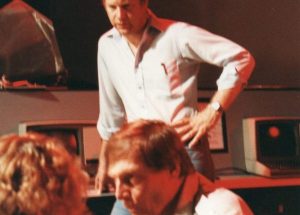 Who is your favorite director
Who is your favorite director
Because my two favorite movies are; Rio Bravo and The Thing, my favorite director is Howard Hawks.
Why this director
Howard Hawks is called the director with the ‘invisible technique’. You don’t see what his camera and edits are doing because he keeps your attention on the story. Later, if you concentrate on them, you can see what he’s doing with his camera and edits.
What advice would you give to directors around the world
See not only new movies, but see the older ones too. Be a student of film and film history. During the struggle to remain a freelance director; remain a film fan. Don’t get sour on movie. And most of all, switch from ‘the competitive mind’ to ‘the creative mind’. Compete with other film-makers by concentrating on ‘creativity’. That’s what Walt Disney did.
Briefly write about your career
I directed six feature films including Omega Cop starring Adam ‘Batman’ West, Stuart Whitman & Troy Donahue. Also, Weapons of Death – One Way Out – The Tournament – NinjaBusters – Death Machine. I also directed travelogues and industrial films.
I learned that perseverance in the movie business is a stronger attribute than talent, intelligence or education. The dangerous time for film-makers is age 26, that’s when most give up and get regular jobs. Francis Ford Coppola recently said: “Anything you build on a large scale or with intense passion invites chaos. You have to really be courageous about your instincts and your ideas. Otherwise you’ll just knuckle under and change it. And things that might have been memorable will be lost. So don’t be afraid to take a risk on your dream. If you give up, you’ve already lost it, so why not take a chance? You can’t do any worse than losing it by giving up.”
INTERVIEWS
more interviews

